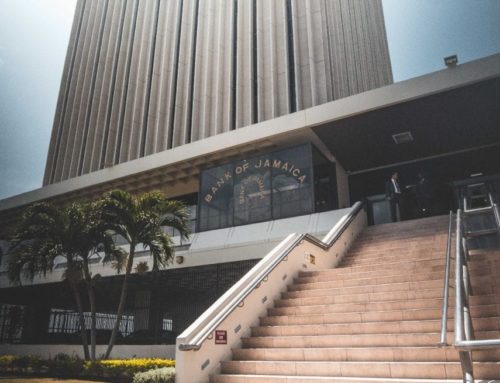
Did Nigeria Ban Cash to Force Digital Transactions?
Is Nigeria forcing its citizens to go cashless by banning cash?
We’ve been talking a lot about cashless societies over the past few weeks. This video about Nigeria popped up on my feed, so I had to look into it.
And to answer my original question, is Nigeria trying to force citizens to go cashless? The answer is – it kinda looks that way. Let me explain.
Last December, the Central Bank of Nigeria or CBN limited the amount of money people could withdraw from ATMs to 20,000 Naira or about US$45 a week. This was a massive drop from the previous ATM limit of 150,000 Naira or US$337 a week. They also limited bank withdrawals to 100,000 naira or US$225 weekly.
Officially, the country set limits on withdrawals as a way to cool inflation by reducing the amount of cash in the economy.
But, this was all happening around the time the Central Bank introduced its Central Bank Digital Currency, the eNaira, which was poorly received and was not being widely used by Nigerians.
So, after they set stricter limits on cash, the Central Bank started “encouraging” people to use other channels like mobile banking apps and of course, the eNaira, for transactions.
Not long after that, the Nigerian government announced it would be replacing the 200, 500 and 1,000 naira notes with redesigned ones that are supposed to be harder to counterfeit.
But instead of gradually introducing the new bills and phasing out the old ones, the Government decided to devalue the old notes once the new bills went into circulation.
And naturally, the changeover was complete chaos! Mostly because the Government didn’t print enough of the new notes. Keep in mind that Nigeria has a population of over 200 million people and every one of them needed these new banknotes.
There was a mad dash to banks and ATMs to get cash which led to long lines, ATMs running out of money and banks closing early.
Eventually, ATMs ran out of cash, and some people were literally stranded with no money to go anywhere.
But, what’s there to the rescue? The eNaira. And if that plan was really to force people to use it… it’s working.
Nigeria’s Central Bank said that by March, eNaria transactions jumped 63%. That’s 22 billion eNaira or roughly US$47 million.
Nigerians also opened 13 million e-wallets over five months. The amount of cash circulating in the country fell from 3.2 trillion naira to 1 trillion naira.
And by now, most of you are probably wondering why they’re doing all of this. Well, the truth is I’m not sure. I do know Nigeria is Africa’s largest economy, and it has an issue with corruption and illegal trade. So, cutting the amount of cash available does cut the leg off some illegal activities.
Ask The Analysts
The Cast David Rose Business Writer, Observer Leovaughni Dillion Investment Research & Sovereign Risk Analyst at JMMB Group
R.A. Williams to list on JSE
The Cast Audley Reid CEO R.A. Williams Distributors Julian Morrison Founder, Wealth Watch JA











Leave A Comment